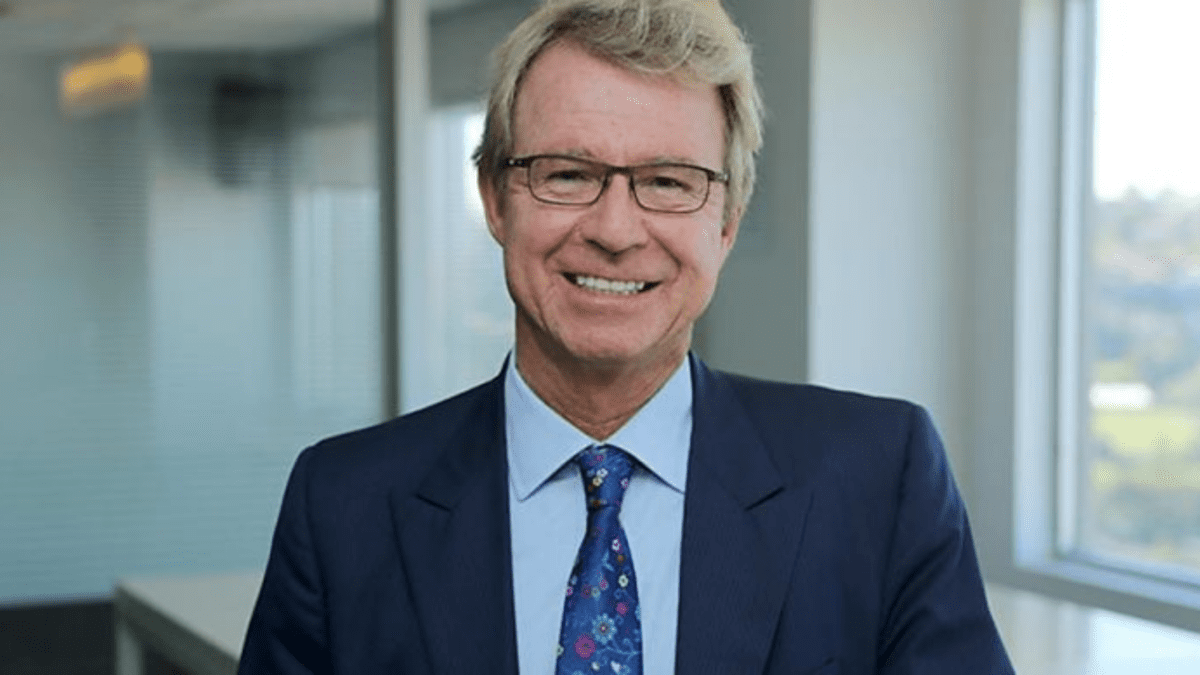Responsible investments are on the rise
“Responsible” investments in Australia continue to grow at a mammoth rate, with their popularity soaring toward $1.3 trillion in 2020.
This year’s Responsible Investment Benchmark Report, published by the Responsible Investment Association of Australia (RIAA), has shown assets under management (AUM) up $298 billion, or 30 per cent, to $1.281 trillion in 2020 pulling the AUM of the remainder of the market down by $234 billion to $1.281 trillion.

According to the RIAA, “responsible investment, also known as ‘sustainable’ or ‘ethical’ investment, is a broad-based approach to investing which factors-in people, society and the environment, along with financial performance, when making and managing investments.
“Examples of responsible investing vary broadly and could include: divesting from a company with a poor human rights record or engaging with a company included in an investment portfolio around its exposure to carbon intensive industries,” RIAA says.
The new RIAA report also shows that the proportion of responsible investment AUM to total managed funds grew from 31% to 40% in 2020, despite there only being a 2% increase in all professionally managed funds in Australia over the same period.
Nicolette Boele, head of executive, policy and standards for RIAA, said “The message for investment managers is clear. It’s not good enough to simply claim you’re investing responsibly. If you’re not doing it well, then there’s a high risk of losing business. This dramatic shift of capital is being fuelled by changing consumer expectations, strong financial performance and the rising materiality of different social and environmental issues – from climate change to racial inequity.”
The report highlights the popularity and major shift to invest in responsible investments. They make good financial sense, not only because they are more ethical but because they are fast outpacing non-responsible investments despite the widespread impact of COVID-19 on economies worldwide. According to the report, “In 2020, responsible investment international share and multi-sector growth funds performed on par with, or better than, the market, even though overall fund performance was down largely due to the impact of COVID-19 on economies worldwide.”
Boele says: “This is an industry in transition. There are rapid developments taking place across countries, regions and markets that are resetting expectations of both companies and investment managers. New standards and regulations are moving the industry towards best standards of practice that contribute measurably to a more sustainable world. Australia is no exception to this trend.”
It’s clear as day, climate change is the big theme for both the public and responsible investment managers. The exclusion of fossil fuels, and human rights abuses, remain the top categories on consumer’s minds. Responsible managers need to shift their focus away from excluding tobacco, and weapons and firearms, and onto the things that matter most.
Boele even says, “There is an opportunity here for investment managers to design products which better match consumer values and issues of concern such as human rights, labour practices and animal cruelty,” said Boele.
ESG integration is fast becoming an investment standard that will soon become practised by every manager. As it stands, “57% of investment managers have at least 85% of their AUM covered by an explicit and systematic approach to ESG integration, compared to just 41% in 2019,” RIAA says.
Boele concludes by saying, “The big challenge for the maturing Australian responsible investment market is to improve the evaluation and reporting of sustainability outcomes. Increasingly, responsible investment is being defined not just by the strategies involved, but by the short and long-term social and environmental impacts that investors are targeting and generating through their responsible investment approaches.”
The RIAA Benchmark Report has shown that the world has come a long way from when the report was first published 20 years ago with only half a billion dollars invested responsibly. In 2020, the performance of the responsible investment funds easily outperformed both the international share and multi-sector growth funds and was on par with that of the Australia Fund Equity Large Blend category. It goes to show that responsible investing pays off not only financially but ethically and socially.
Here are some of the key findings from the report:
- Responsible investments now account for 30 per cent of the market in 2020. The percentage of Responsible Investment AUM to Total Managed Funds in Australia was 40% at December 2020, compared to 31% in 2019. AUM using leading responsible investment approaches grew by 15 times the rate of the entire investment market, which only grew by 2%.
- The number of Responsible Investment leaders in the market was up from 44 in 2019 to 54 in 2020. According to RIAA, “Responsible Investment Leaders demonstrate strong collaborative stewardship and consider ESG factors explicitly and systematically in the valuation of assets, construction of portfolios and allocation of capital.”
- Responsible Investment Leaders and non-leaders haven’t done so well when it comes to allocating capital to target sustainability outcomes. The measuring and monitoring of outcomes will be the next challenge for all investment managers.
- The top three responsible investment styles are 1) ESG integration, $628bn; 2) negative screening, $557bn and 3) corporate engagement and shareholder action, $471bn. Impact investing, however, saw the largest percentage increase, of 46 per cent.
- According to the RIIA, “In 2020, 57% of investment managers have at least 85% of their AUM covered by an explicit and systematic approach to ESG integration, compared to just 41% in 2019.”
- The reporting on activities and outcomes from corporate engagement and shareholder action showed that “investment managers are improving accountabilities by better evidencing their claims” – 31% reporting on both activities and outcomes and 41% reporting on activities or outcomes.
- Exclusion categories of survey respondents (% AUM) compared to consumer searches for exclusions on RIAA’s Responsible Returns online tool. It showed the exclusion of fossil fuels and human rights abuses is in focus for the public and responsible investment managers.
- Climate change remains the most prominent sustainability theme, followed by natural capital and healthcare.









